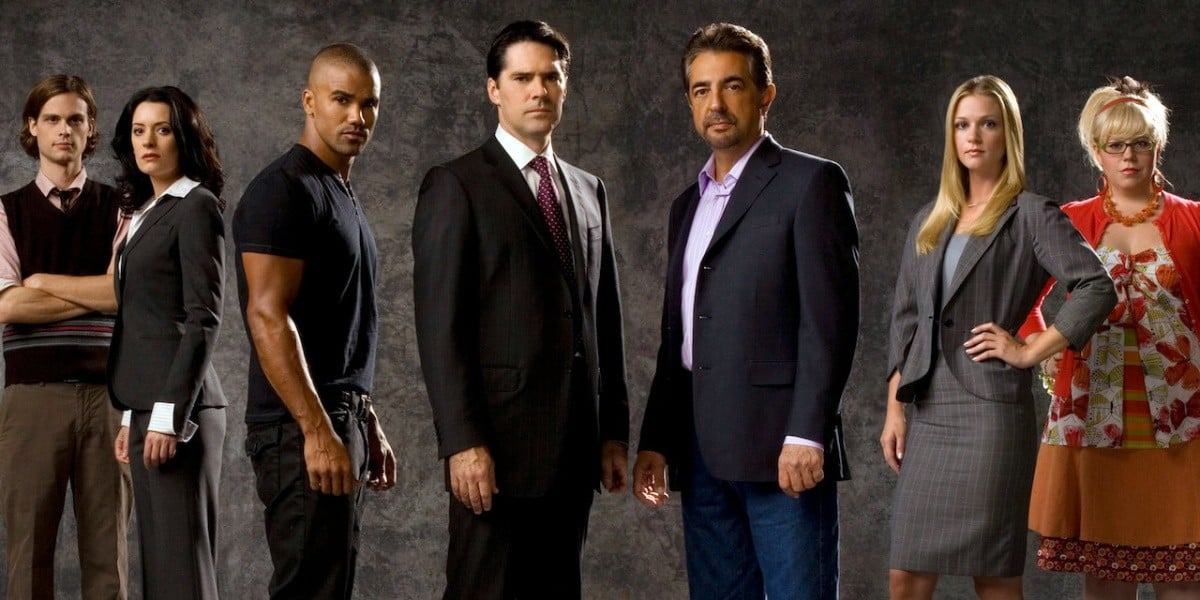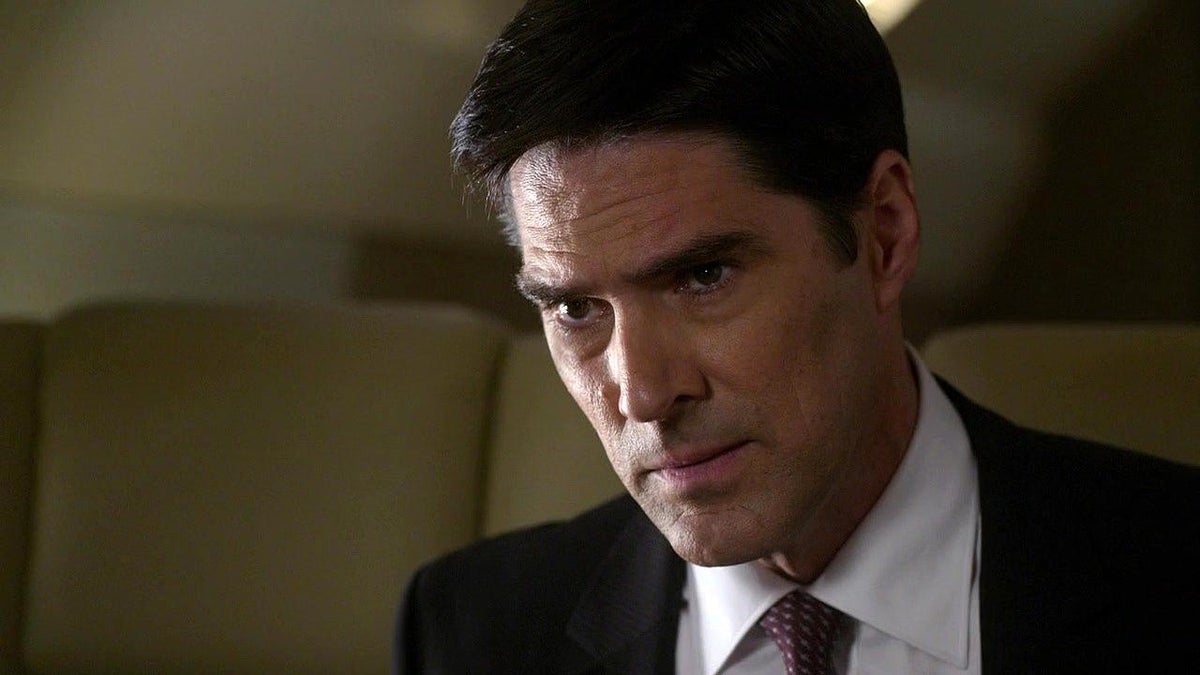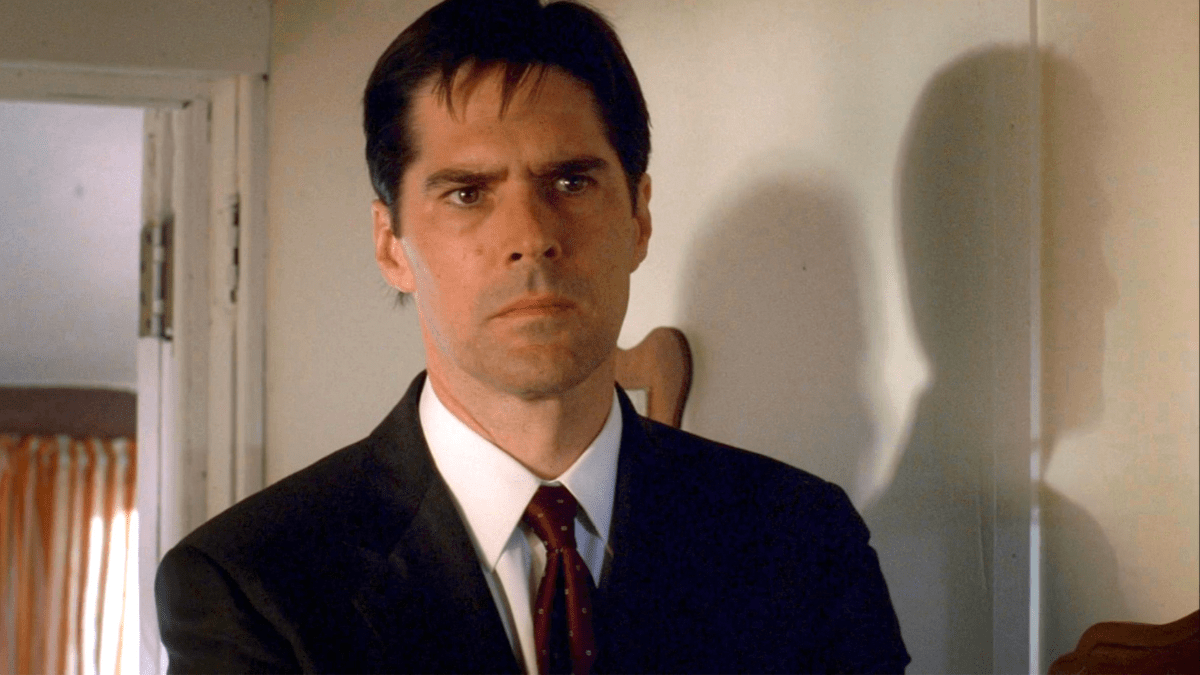Among the most beloved characters on Criminal Minds was Aaron Hotchner, commonly known as “Hotch,” portrayed by actor Thomas Gibson. Hotch served as the Unit Chief of the Behavioral Analysis Unit (BAU). This was a role that made him a central figure in the popular FBI procedural, so fans were shocked when Hotch was abruptly written out of the show in 2016.
Hotch’s character arc on Criminal Minds
Aaron Hotchner was introduced in the pilot episode of Criminal Minds and quickly became a cornerstone of the team. Before joining the BAU, Hotch was a prosecutor and had worked as a profiler for the FBI’s office in Seattle. Known for his calm demeanor, strong leadership, and dedication to his job, Hotch often navigated the difficult balance between his professional responsibilities and personal life. Throughout the series, viewers witnessed Hotch endure various personal tragedies, including the murder of his wife, Haley, and the subsequent challenges of being a single father to his son, Jack.
Hotch’s leadership and unwavering commitment to his team were crucial elements that helped the BAU solve some of the most harrowing criminal cases. His character was deeply respected both within the team and by the audience, making his departure even more significant.
Thomas Gibson’s departure

The reason behind Hotch’s sudden departure from Criminal Minds involved a real-life controversy that led to Gibson’s firing. Thomas Gibson reportedly exhibited volatile behavior on set, with instances escalating to violence. PerVariety, the decision to fire him from Criminal Minds considered these past incidents, as many sources characterized him as prone to anger. In August 2016, Gibson was dismissed from the show following an on-set altercation with one of the show’s writers.
Reports indicated that a disagreement escalated into a physical confrontation, during which Gibson allegedly kicked the crew member, which he subsequently downplayed as less severe by stating that his “foot came up and tapped him on the leg.” This led to a two-week suspension. However, this incident was not the first time Gibson had been involved in conflicts on set.
In 2010, Gibson had allegedly shoved an assistant director and was then ordered to attend anger management classes. ABC Studios and CBS Television Studios, the companies behind Criminal Minds, conducted an internal review of the incident. After considering the severity of the altercation and Gibson’s history of on-set behavior, the decision was made to terminate his contract. In a statement, Gibson expressed regret over the situation.
I love Criminal Minds and have put my heart and soul into it for the last twelve years. I had hoped to see it through to the end, but that won’t be possible now.”
How Hotch’s departure was handled on the show

The show’s writers were faced with the challenge of explaining Hotch’s sudden absence. He had appeared in the first two episodes of season 12, but by episode 3, he was notably absent. The character was then said to have been on temporary assignment, but it soon became clear that he would not be returning. It was revealed later that Hotch had entered the Witness Protection Program with his son Jack, due to threats from the notorious serial killer Mr. Scratch. This storyline provided a way to write Hotch out of the show while maintaining continuity within the narrative.
Nonetheless, Hotch’s departure marked a significant shift in Criminal Minds. The show introduced new characters and adjusted storylines to fill the void left by Gibson’s exit. While it also continued to be successful and retained a strong fan base, many viewers missed Hotch’s presence, as well as the dynamic he brought to the team. While the reasons for Gibson’s firing were unfortunate, Criminal Minds managed to adapt and continue its successful run, proving the resilience and versatility of its storytelling and cast.

